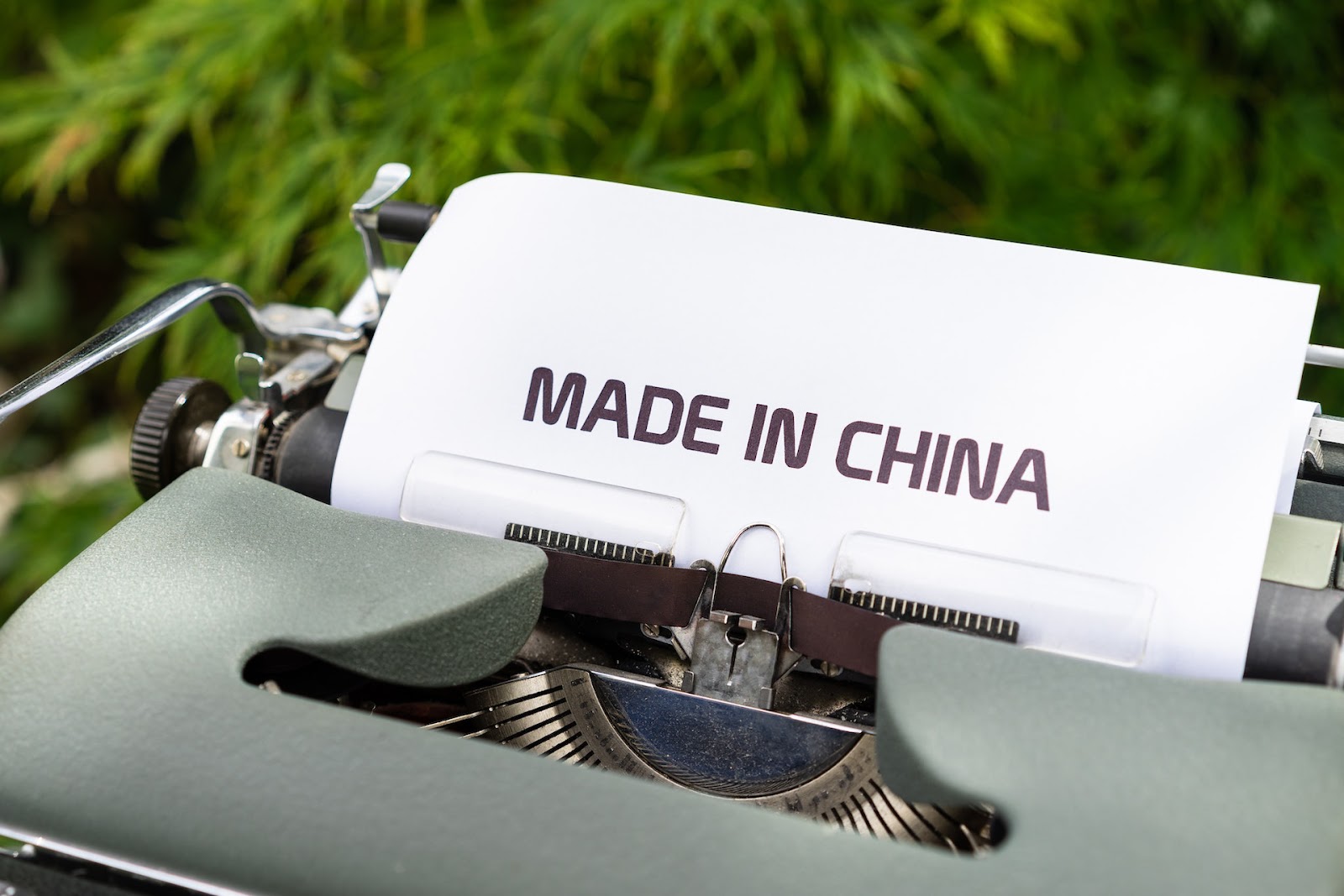Kenya, like many countries, relies heavily on imported goods to meet its consumer demands. With China being a major exporter of electrical appliances, it's no surprise that Kenyan markets are flooded with a wide range of products from the Asian giant. However, a disturbing trend has emerged where some of the cheapest electrical appliances from China are sold at exorbitant prices in Kenya. In this blog post, we'll explore this issue and shed light on why consumers often end up paying more than they should for these products.
1. Substandard Quality:
One of the primary reasons for the inflated prices of Chinese electrical appliances in Kenya is the prevalence of substandard quality products. In a bid to cut costs during production, some manufacturers in China compromise on quality control, resulting in appliances that may have shorter lifespans or frequent breakdowns. To ensure durability and reliability, consumers are left with no choice but to purchase higher-priced appliances from reputable brands or seek alternatives, further driving up the costs.
2. Importation Costs and Taxes:
Importing goods into Kenya involves various costs, including customs duties, clearance fees, and transportation expenses. These costs are passed on to consumers, leading to higher retail prices. Additionally, taxes imposed on imported goods can significantly impact the final price. While it's essential to collect revenue for the government, the burden falls on consumers who end up paying more for products that were originally inexpensive.
3. Middlemen and Distribution Networks:
The supply chain for imported electrical appliances often involves multiple intermediaries, each adding their margin to the product's cost. Middlemen and distribution networks play a significant role in determining the final retail price. As these products make their way from the manufacturer in China to the shelves in Kenyan stores, each entity along the distribution chain adds its markup, further driving up the price.
4. Brand Reputation and Trust:
Reputable brands invest heavily in building trust and maintaining their reputation. These brands offer warranties, after-sales services, and quality assurance, ensuring consumers have peace of mind when purchasing their products. In contrast, cheaper Chinese electrical appliances often lack these crucial elements. Kenyan consumers, therefore, tend to opt for established brands, even if they come at a higher cost, to avoid the uncertainties associated with unbranded or unknown products.
Conclusion:
The issue of cheaper electrical appliances from China being sold at higher prices in Kenya is a complex one. Factors such as substandard quality, importation costs, taxes, and distribution networks all contribute to the inflated retail prices. While consumers may initially be attracted to the low prices of these products, they often end up paying more in the long run due to frequent repairs, replacements, or the need to purchase from trusted brands.
As consumers, it is crucial to be vigilant and informed about the quality and value of the products we purchase. Exploring alternative options, researching reputable brands, and considering long-term costs are essential steps to make informed buying decisions. Additionally, the government can play a role in implementing policies that promote fair trade, enhance quality control measures, and reduce unnecessary importation costs to ensure affordable and reliable electrical appliances are accessible to all Kenyans.
By raising awareness about this issue, consumers can make more informed choices and work towards a market where affordability and quality go hand in hand, ensuring fair pricing for electrical appliances in Kenya.




FOLLOW US